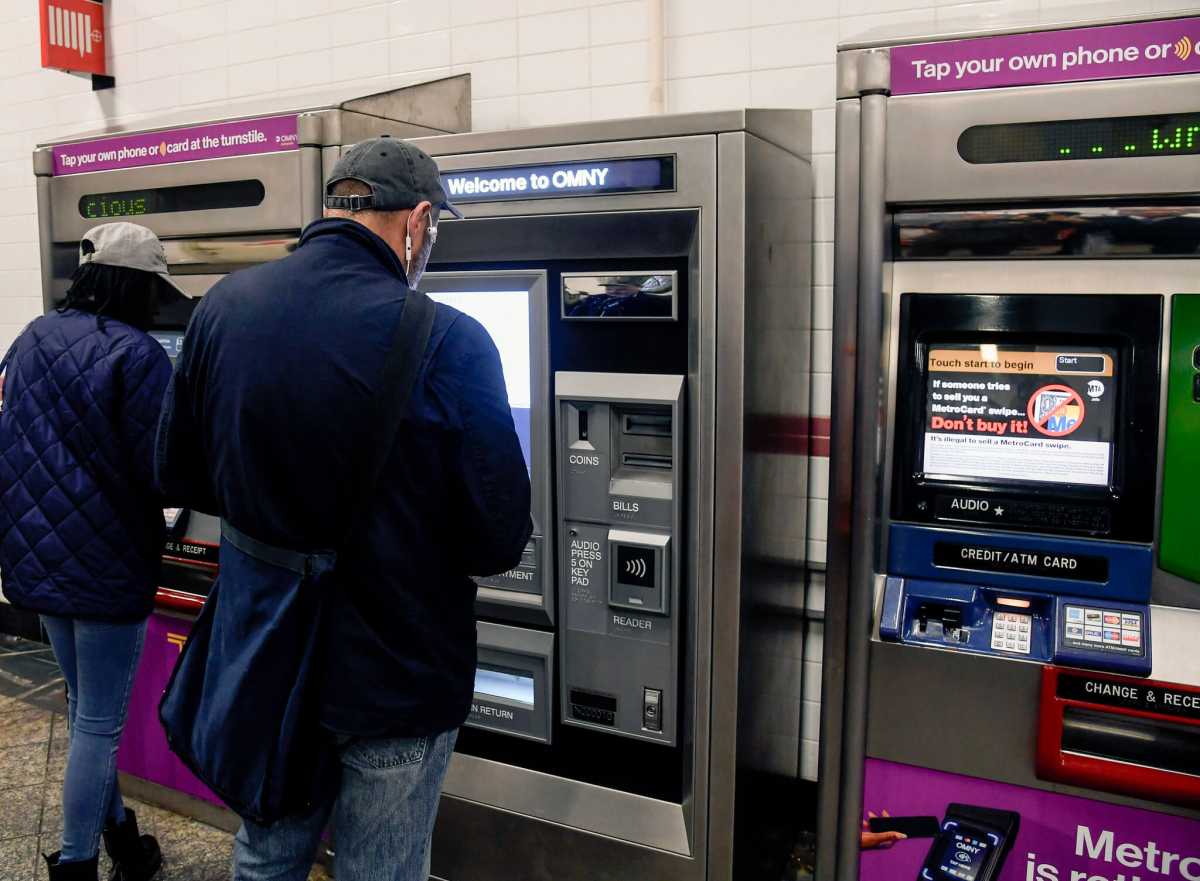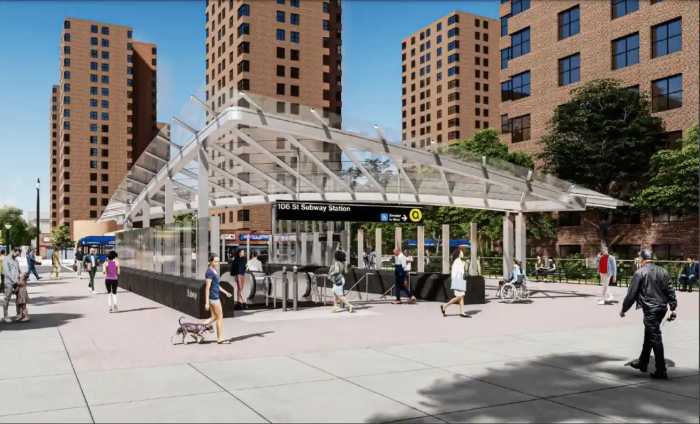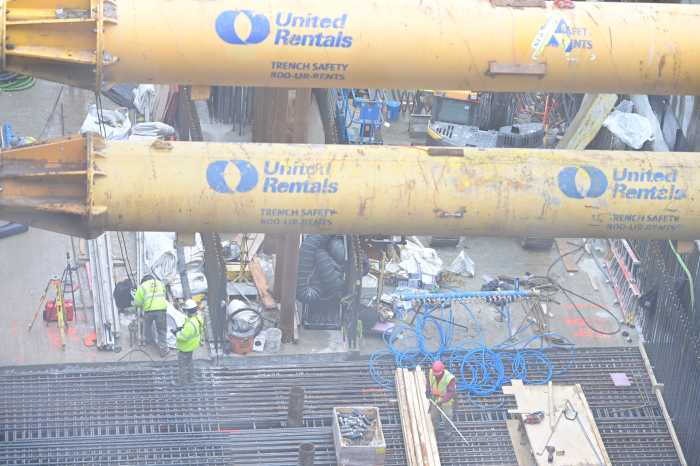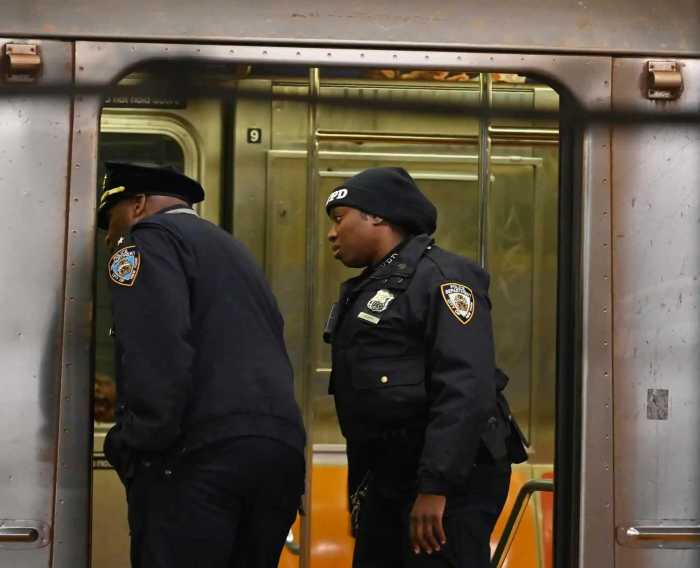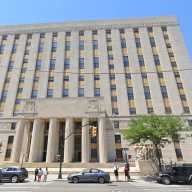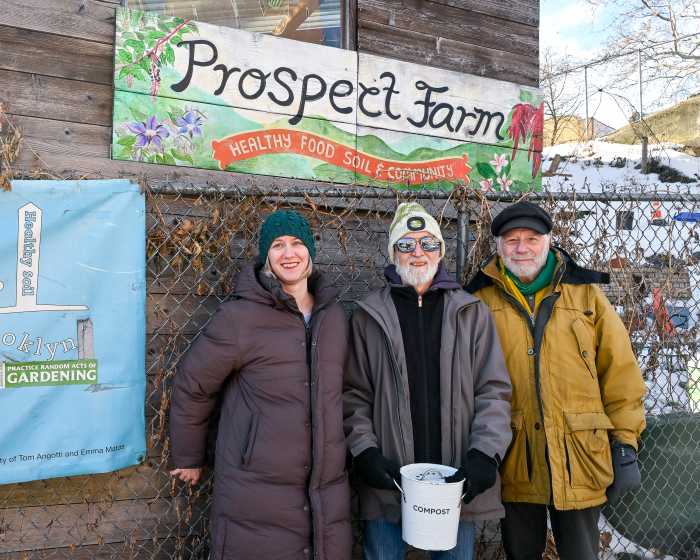Paying for transportation in NYC is a nearly $2,000-per year burden for many New Yorkers who continue to balance increased expenses, according to a new study released on Wednesday.
Low-income New Yorkers dedicate nearly 10% on average to transportation expenses, Robin Hood’s Poverty Tracker: Spotlight on Transportation in New York City, revealed. On top of that, New Yorkers are reducing their use of transportation due to rising costs, such as new tolls and fare hikes, according to the report, which was done in partnership with Columbia University’s Center on Poverty and Social Policy.
New and ongoing transportation costs have contributed to the extra financial burdens on New Yorkers, the study found. One controversial NYC policy that has contributed to more costs includes congestion pricing, the NYS-run MTA’s tolling program launched on Jan. 5 that charges drivers a base toll of $9 to enter Manhattan south of and including 60th Street.
However, researchers added that they will conduct more research to examine the cost burden of tolls and public transit fares.
“The additional costs posed by congestion pricing and fare increases are not yet fully reflected in the data used in this report, and we will continue to monitor New Yorkers’ experiences with transportation in the coming months to get a better picture of the effects of these policies,” Ryan Vinh, a researcher at Columbia who worked on this study, explained.
Vinh added, however, that New Yorkers in poverty have the “lowest rates” of commuting to work by car than other groups.
“As a result, while the effects of congestion pricing or fare increases may vary for those in poverty, we know that many will continue to spend a large share of their resources on transportation costs in the absence of any other support,” the researcher said.
Meanwhile, the MTA hiked the NYC subway and bus fare from $2.75 to $2.90 in 2023, with another ten-cent increase planned in January.
The report, gathered from data collected since 2017, found that New Yorkers spend roughly $1,900 a year on transportation costs, including bus, subway, train, gas, parking and toll payments. But this figure is in place regardless of income, meaning that lower-income commuters pay a much higher relative share of their money on transportation, per the report.
In fact, 55% of New Yorkers in poverty and low-income surveyed in the study reported cutting down on transportation to mitigate other rising costs for basic needs, such as food and housing.
“Additionally, the fact that 44% of those with higher incomes also reported reducing transportation use points to the widespread impact of rising prices on the ability of New Yorkers to meet their basic needs,” researchers uncovered.
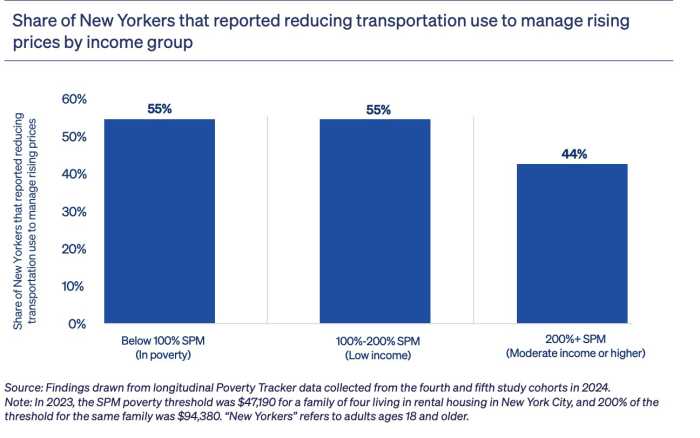
Meanwhile, NYC provides several opportunities for New Yorkers to commute for free or at reduced cost, whether through fare-free transit means or social-service programs such as Fair Fares, which provides half-price fares for eligible New Yorkers.
The Census Bureau’s Supplemental Poverty Measure (SPM) was used in the report to measure poverty thresholds. As of 2023, the SPM poverty threshold was $47,190 for a family of four living in rental housing in NYC.



